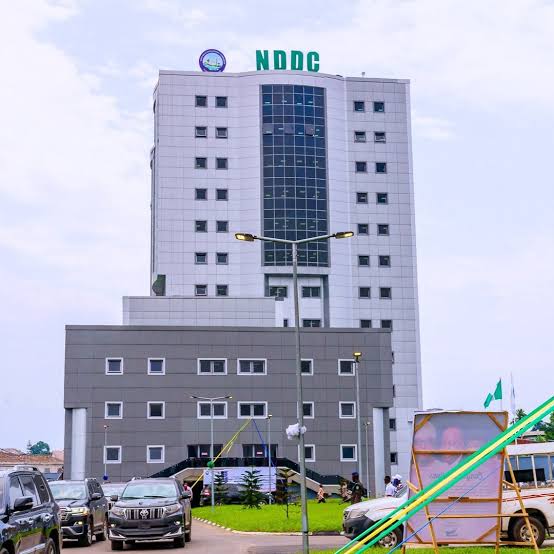In today’s fast-evolving digital landscape, the rise of cybercrime and identity theft has left many organizations grappling with the consequences of hacked social media accounts. The recent hacking of the social media handles of Mr. Chiedu Ebie, Chairman of the Governing Board of the Niger Delta Development Commission (NDDC), is a stark reminder of how vulnerable both public figures and institutions are to online fraud.
The perpetrators behind this criminal act not only impersonated Mr. Ebie but also misused the Commission’s name and logo to issue fraudulent business proposals. This malicious act has put the NDDC at risk of reputational damage, while preying on unsuspecting members of the public who may fall victim to these scams. It’s an unfortunate reality that criminal minds exploit the trust people place in established institutions, especially when those institutions are involved in development initiatives and public service.
What is particularly disturbing is the deliberate attempt to tarnish the image of a government agency entrusted with significant responsibilities for the Niger Delta region. The NDDC has worked hard to build credibility, and now, these cybercriminals are using their digital platforms to undermine that progress. It is a serious matter, and one that calls for immediate and decisive action.
However, this also serves as a crucial lesson for all of us — both public figures and the general public — to be more vigilant about online security. The public needs to understand that just because an account appears legitimate, it doesn’t guarantee authenticity. Scammers are becoming increasingly sophisticated in their tactics, and they often target those who may not be familiar with how to spot these red flags.
At the NDDC, we are taking proactive steps to address this issue. Security agencies have been notified, and we are working diligently to recover the compromised accounts. But this issue highlights a broader challenge we all face: How do we protect our digital identities in a world that is becoming more interconnected?
The truth is that no one is immune. From top-level officials to the average internet user, everyone must be aware of the potential dangers lurking online. It is not enough to rely solely on government action or corporate responsibility. Each of us must also play our part in ensuring that we do not fall prey to these malicious schemes.
I urge the public to remain cautious when engaging with any online communication, particularly if it involves financial transactions or sensitive personal information. Always cross-check details through official websites and verified social media handles before making any decisions. The NDDC is committed to ensuring transparency and integrity in all its dealings, and we will not condone any activities that threaten the well-being of the public or our mission.
To those who have been affected by these fraudulent activities, we understand your frustration and reassure you that we are doing everything in our power to hold the criminals accountable. It is a difficult battle, but one that we must face together. As we continue to strengthen our security measures, let’s all remember: the fight for trust in the digital age is ongoing, and we must be ever vigilant.
Seledi Thompson-Wakama
Director, Corporate Affairs
November 18, 2024




